The intimacy industry is under pressure. While many creatives and artistic leaders see the benefits of intimacy direction and coordination as specific care and technical support for actors, the industry itself has not yet created an equitable and inclusive training process for marginalized people.
For the past thirty years as a professional in the theatre industry, I have rooted my craft in equity, diversity, and the inclusion of marginalized voices. When intimacy crossed my path in the summer of 2019, it was moving into the public zeitgeist, but one thing was visually obvious in the websites I searched for classes. This new industry was led almost completely by cishet white women. It was implicitly white, especially with regard to who led the training. Knowing how much representation matters, I founded my company, Intimacy Coordinators of Color, to ensure Black trainees and the voices of queer and global majority trainees are mentored from a leadership and curricular specialist that looked like them. The support was and continues to be overwhelmingly fortifying.
Three years later, I’m left wondering: How can we ensure that future intimacy directors and coordinators receive robust anti-racism and cultural competency training? How can these training programs adequately prepare students to shadow in rehearsal rooms and film and television sets across the world and to learn from a diverse set of mentors?
Although some queer and global majority professionals—including myself—disagree with certification as a best practice, we do believe that quality training, highly-regarded references and referrals, and a substantial amount of professional theatre and life experience are equal or better prerequisites for work as an intimacy professional.
In my work at Intimacy Coordinators of Color, I ask that mentees and students lead with emotional intelligence and focus on redistributing power to actors by balancing creative vision with strong consent and boundary groundwork for the production community. We are collaborators who lead with knowledge of accountability in creative environments. We are skilled and enthusiastically inclined to design choreography, consult on creative ideas and cultural impact, or guide boundary vocabulary and consent-based culture.
My understanding of delivering mentorship and training stands in contrast with moves to institute a model that establishes intimacy specialist certification through one predominantly white-led company as the industry standard. This seems to go against the very core of the profession, yet it is one future some in the industry prescribe. That future takes us further away from global majority inclusion by making curricular decisions that may not center input from experienced queer and global majority professionals. Although some queer and global majority professionals—including myself—disagree with certification as a best practice, we do believe that quality training, highly-regarded references and referrals, and a substantial amount of professional theatre and life experience are equal or better prerequisites for work as an intimacy professional.
One organization’s dominance in intimacy specialist certification would be a barrier to other qualified intimacy training structures generating equitable space in the field. The industry standard would no longer be an ethical free market with many qualified approaches to the crafting of intimacy work. I think it is a slippery slope to maneuver, and leaders in the industry must consider the impact of a predominately white organization dominating the training of so many students.
Intimacy professionals are not a commodity; we are technical artists with our own style and focus. If the theatre industry bends to the provocative assumption that intimacy professionals primarily provide “safety” and “protection” just by being certified, one predominately white company could have a controlling grip on film, television, theatre, and educational pipelines to all three industries. We risk the industry collapsing in on itself from homogeneity or, worse yet, cultural or racial harm.
I bring all of this information forward as a description of the landscape I experience as a Black queer woman in the intimacy industry. My experience is but one in a collection of experiences, omissions, and oversights, and I wanted to know more about what other Black, global majority, and queer intimacy professionals were experiencing.
While there are growing pains in this relatively new intimacy industry, these conversations also taught me that there is a resilience that will not be exhausted in the fight to help intimacy find its place.
To gain further insight into what inspires global majority-minded approaches to intimacy work, I created this series by speaking with eight professional intimacy directors and coordinators about the joys and challenges they experience while making new ground for global majority and queer identities. Some are independent practitioners, and others are affiliated with larger organizations offering mentorship and training. Some are certified, and some are purposefully not certified. Some are working professionals who have concerns about being left out of the mainstream if the field is pushed toward predominately white higher education systems that overshadow a rich and wide variety of training ideologies and methods. Some will have trouble attaining positions in the university system without paying for or aligning with a certification they don’t need.

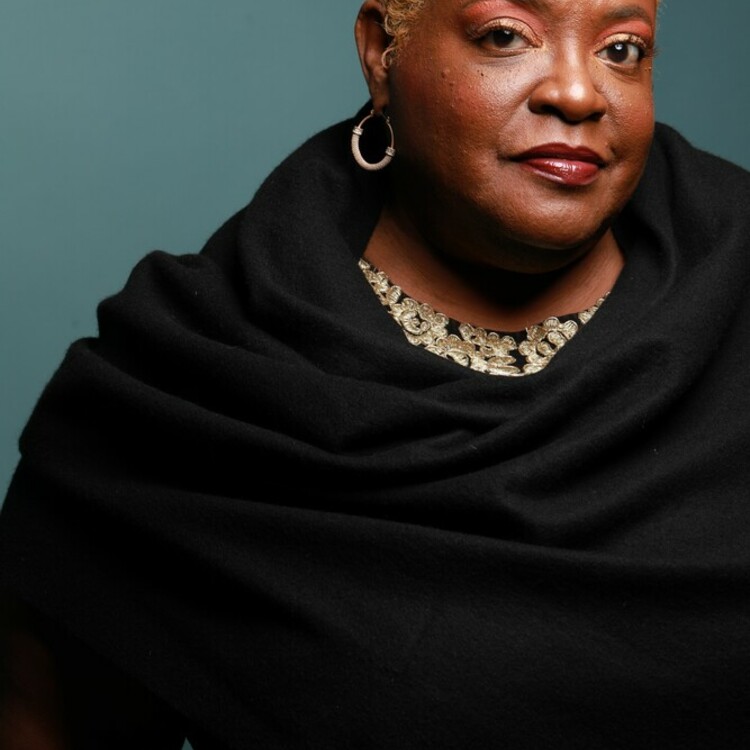
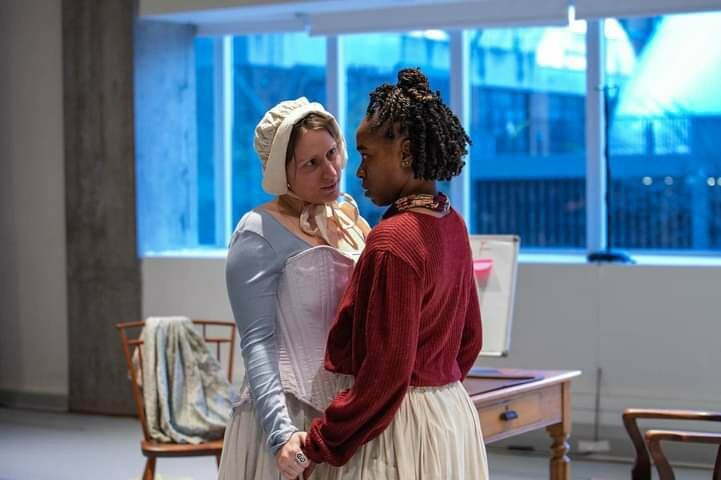
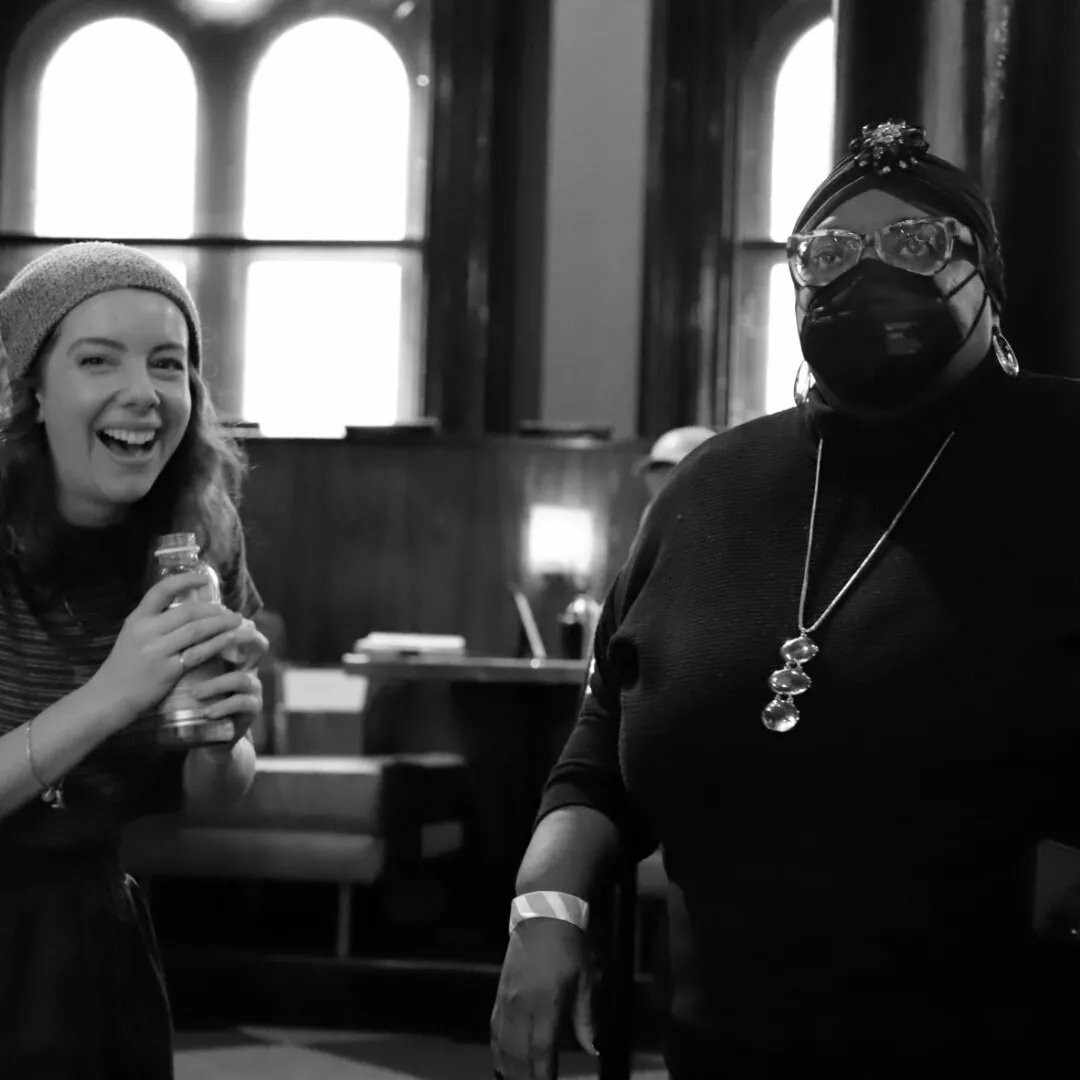
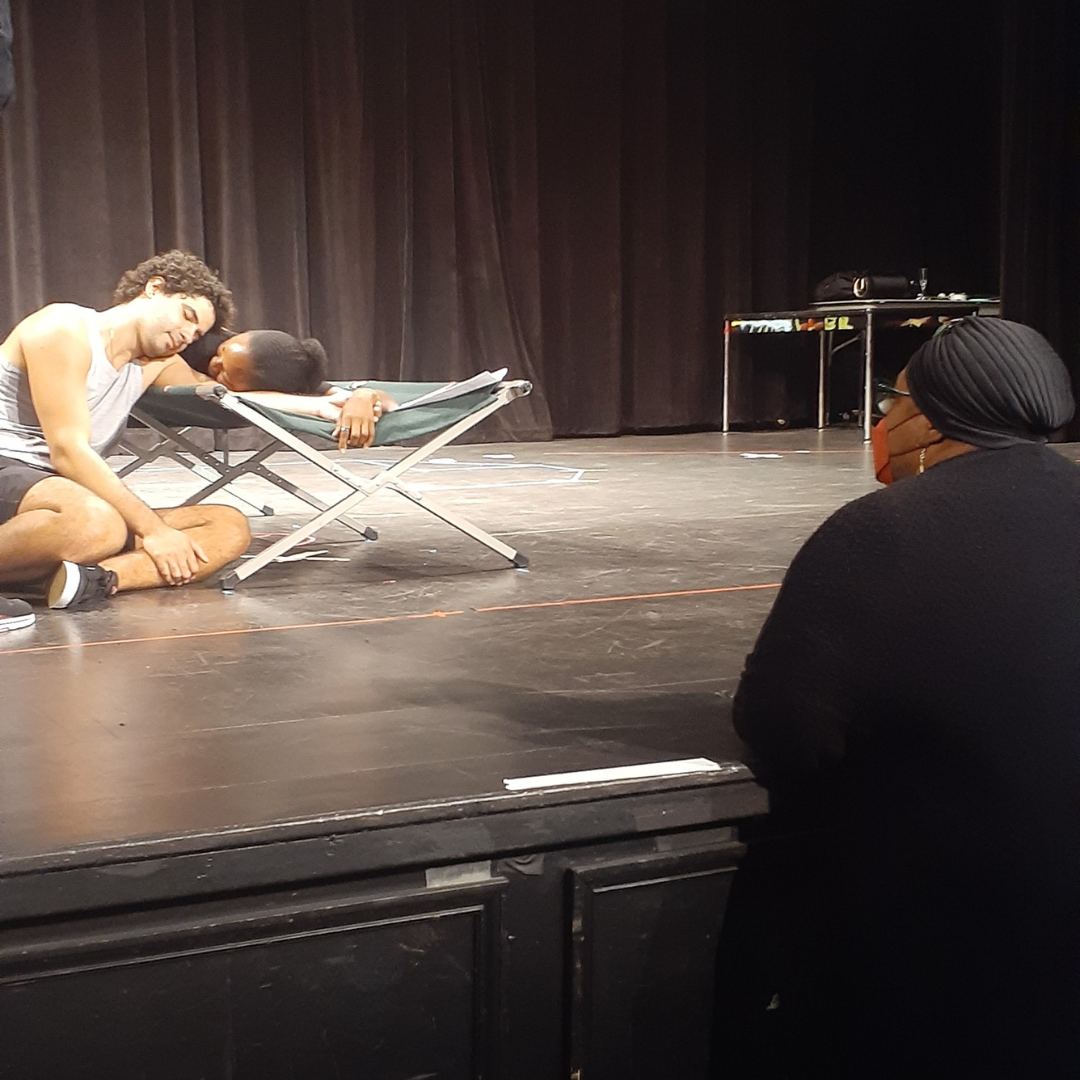
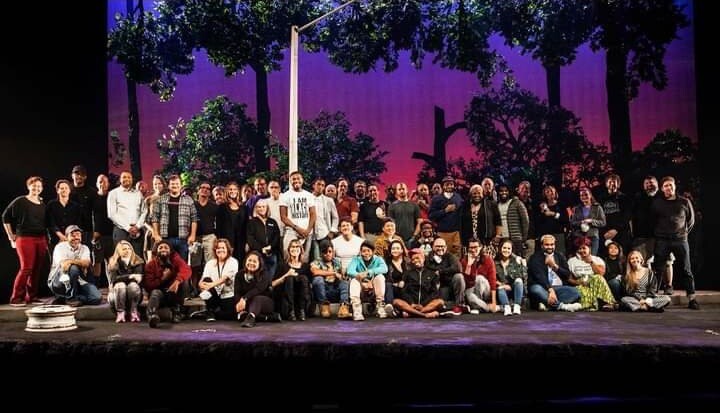




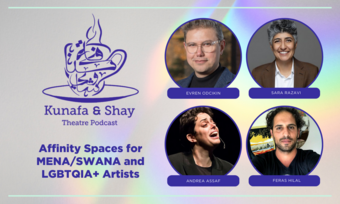






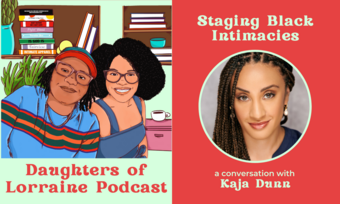



Comments
The article is just the start of the conversation—we want to know what you think about this subject, too! HowlRound is a space for knowledge-sharing, and we welcome spirited, thoughtful, and on-topic dialogue. Find our full comments policy here
I am interested in hearing from all of the folks you have lined up. Best, V